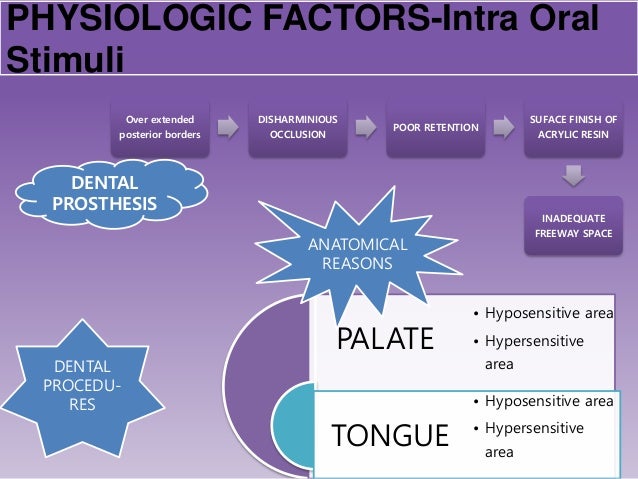

- #SOLUTION GAG DEFINITION UPDATE#
- #SOLUTION GAG DEFINITION FULL#
If you suspect a poisoning.act fast! (n.d.). Position paper update: Ipecac syrup for gastrointestinal decontamination. The medical complications associated with purging. You can learn more about how we ensure our content is accurate and current by reading our editorial policy. We link primary sources - including studies, scientific references, and statistics - within each article and also list them in the resources section at the bottom of our articles. Medical News Today has strict sourcing guidelines and draws only from peer-reviewed studies, academic research institutions, and medical journals and associations. It is important to know that getting treatment for an eating disorder can be lifesaving. According to a 2020 research review, the risk of premature death was two times higher for people who received treatment for bulimia nervosa compared with the general population. Some people find inpatient treatment the most beneficial approach because it offers comprehensive care in a safe environment.įor people who do not want inpatient care or cannot take time off work or school, therapy and medical management often work well.Įating disorders can often involve higher deaths than most other mental health conditions. family support, such as family counseling. therapy to deal with underlying self-esteem and mental health concerns. nutritional counseling to help a person eat a balanced diet. medical care to cope with the health effects of bulimia. People can talk with a trusted loved one and ask a doctor for support. Some people with eating disorders fear stigma or judgment, but eating disorders are treatable medical conditions. People who feel compelled to vomit because of shame, self-loathing, or fears about weight gain may have a condition called bulimia nervosa. It is essential to get emergency medical care instead. Reducing nausea will not reverse poisoning. In many cases, a doctor may be able to prescribe an antiemetic drug, which can reduce nausea and vomiting.Ī person who feels nauseated after drinking poison or another harmful substance should not try to treat the nausea. Prolonged vomiting can cause serious and even life threatening complications, so it is important to tell a doctor about any vomiting that lasts longer than a few days. sitting upright for an hour after eating. identifying and avoiding triggers for nausea, as some people find that specific smells or food textures make them feel sick. sucking on ginger or peppermint hard candies. eating small meals throughout the day because some people feel nauseated when their stomachs are empty. Some other strategies that may help with nausea, including nausea from cancer, pregnancy, and illnesses, include: It is best to start with bland, easily digestible foods, such as unbuttered toast. They can try drinking small quantities of water or an electrolyte drink, and then gradually begin eating as their symptoms improve. People who feel nauseated because of a stomach virus may find relief by avoiding food until the vomiting stops. The right treatment for nausea depends on the cause. pancreatitis, a dangerous swelling of the pancreas. 
electrolyte imbalances that may damage the heart and other organs.However, it is not safe to administer it without a doctor’s supervision.
#SOLUTION GAG DEFINITION UPDATE#
It is also lethal at doses of 3 grams per kilogram of body weight and above.Ī 2013 position paper update emphasized that ipecac syrup may be appropriate in some rare poisoning cases. Sodium chloride, for example, can cause dangerous electrolyte imbalances. Some emetics - drugs to induce vomiting - can themselves be poisonous.

The use of these drugs may also cause a person to delay getting treatment, especially if vomiting temporarily alleviates nausea.
#SOLUTION GAG DEFINITION FULL#
Even if a person can safely vomit, vomiting will not remove the full dose of poison or the other contents of the stomach.ĭrugs such as ipecac syrup can decrease the effectiveness of other poisoning treatments, such as activated charcoal. Vomiting also does not fully empty the stomach. Vomiting always carries risks, and there is no medical reason for a person to induce vomiting just because they feel nauseated. For instance, they may have an eating disorder or feel nauseated due to a stomach virus. In addition to poisoning, there might be other scenarios in which a person wants to induce vomiting. When a person vomits some poisons, such as acids, this increases the risk of burns and other injuries to the esophagus, throat, and mouth. It is not safe to induce vomiting to treat poisoning.







 0 kommentar(er)
0 kommentar(er)
